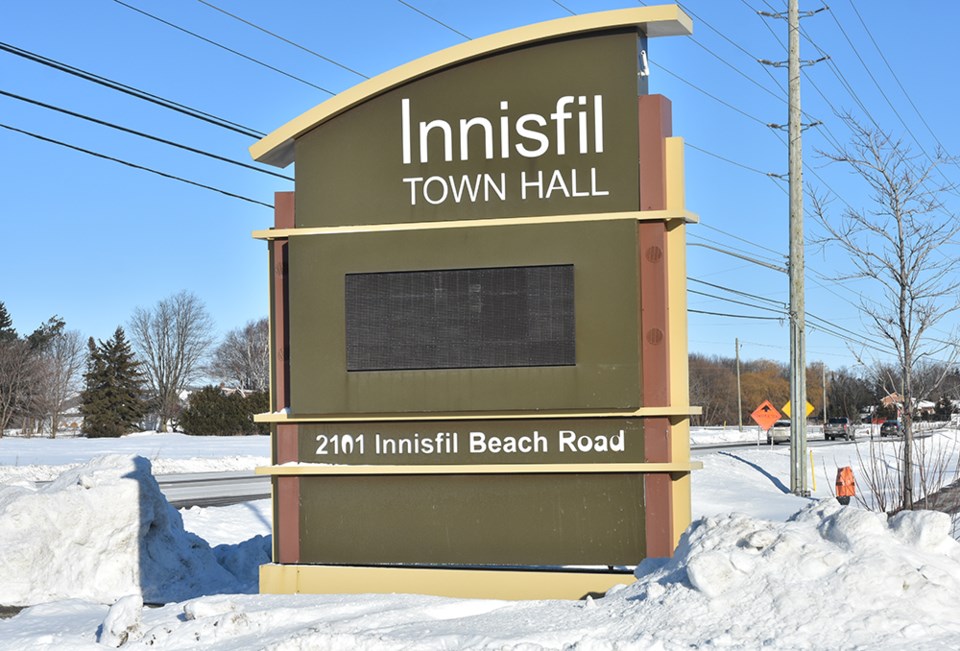Innisfil is getting an injection of $373K in provincial gas-tax funding to help operate and improve local transit.
It’s a portion of $379.5 million the Ontario government announced Thursday to help 107 municipalities. The funding can be used to extend service hours, buy transit vehicles, add routes, improve accessibility or upgrade infrastructure.
Funding for the Ontario gas tax program is determined by the number of litres of gasoline sold in the province during the previous year. Municipalities that support public transit services in their community receive two cents per litre of provincial gas tax revenue collected.
To make up for reduced gas sales due to ongoing recovery from the COVID-19 pandemic, this year’s gas-tax program also includes one-time additional funding of $80 million to help ensure municipalities can continue to support their transit systems.
“Better transit for the people living in Barrie, Innisfil and the surrounding region means less congestion, more convenience, faster commutes, lower emissions, higher productivity, and more time spent with loved ones,” Barrie-Innisfil MPP Andrea Khanjin said in a news release. “Transit options build better lives”.
The city of Barrie is getting a boost of nearly $2.3 million.
Brent Forsyth, Barrie’s director of transit and parking strategy, said the provincial money was expected.
“This annual funding is built into the city’s operating budget and used to help offset the operating costs of the city’s transit system,” he said. “This has been an annual program that has been in place for a number of decades. The provincial government typically provides details around this program at this time each year.
“The funding received this year is especially needed to help the city fiscally manage the increasing costs associated with inflation and fuel prices," he added.
Barrie councillors have already given initial approval to a 25-cent increase to Barrie Transit’s cash fare, bringing it to $3.50 a ride this year starting April 1 — with similar increases for multi-ride fare cards. Council could consider final approval of the fare increase at its March 8 meeting.
Forsyth said it could add another $210,000 in revenue to city coffers.
Barrie Transit’s $25.3-million operating budget is funded by $6.3 million from fares and passes, $400,000 from advertising revenue and $3.3 million from Ontario gas tax, with the remaining approximately $15.5 million coming from the general tax levy.
Elsewhere around the region, the County of Simcoe is receiving $1.375 million in gas-tax funding for public transit, followed by Orillia ($601,178), Bradford West Gwillimbury ($380,170), Collingwood/Blue Mountains ($347,360), Wasaga Beach ($229,266), Midland ($180,862), Clearview Township ($129,950), New Tecumseth ($125,815), and Penetanguishene ($88,960).
“Public transit is a key driver of economic growth in Ontario, helping people get to where they need to go, whether it is to work, school or run errands,” said Caroline Mulroney, Ontario’s transportation minister. “As more people return to public transit, our government is providing municipalities with the funding they need to accommodate growing ridership, while ensuring they can continue to deliver safe and reliable transit service for people in their communities.”
The 2022-23 gas-tax program will support public transit in 144 communities across the province, representing more than 92 per cent of all Ontarians.



